Social Imagining in “Youth Taking Action:” Documenting Immigrating and Settling Through a Hybrid Youth Participatory Action Research Project
by Natacha Monestel Mora, Julia Iriarte, Jennifer A. Vadeboncoeur, Sediqa Temori, and Mathias Abraha
“Youth Taking Action” (YTA) was a documentary filmmaking project that initiated a dialogue between young people and adults who immigrated to British Columbia, Canada.1 It began as an inquiry into belonging, barriers, and community-building through a non-profit organization based in Vancouver. It ended as a place of social imagining (Greene, 1995) that surfaced journeys across emotions, the space between a discourse of multiculturalism and everyday experience, and actions toward socially just futures from the perspective of four young newcomers to Canada.
Our conversations began in the winter of 2020 when Natacha, a doctoral student, and Julia, a documentary filmmaker, met through a non-profit to develop a Youth Participatory Action Research (YPAR) program online during the COVID-19 pandemic. In that meeting, we began with ideas informed by our commitment to create a space for reflection and action where youth, in dialogue with adults, could engage in investigating their context and social practices to make sense of the sociopolitical and historical conditions that affected their lives (Cammarota & Fine, 2008; Mirra et al., 2016; Wright, 2019). Eleven youth aged 18 to 29 from Afghanistan, Chile, Eritrea, Mexico, and Syria initially joined the online sessions, and six2 were able to complete what became a hybrid program as the restrictions of the pandemic were relaxed and travel opened up but continued to be challenging.
In this article, we show how Sam, Mathias, Fatima, and Sediqa told their stories through their documentaries, and describe the insights that emerged from their collective experience. In addition to participating in YTA, these four participants collaborated to analyze the documentaries, shape the themes, co-author this paper using quotes and images from their documentaries, and review and edit the manuscript for this article. As refugee status claimants, a collective decision was made to share their documentaries in local showings, allowing the participants to control the circulation of their work.
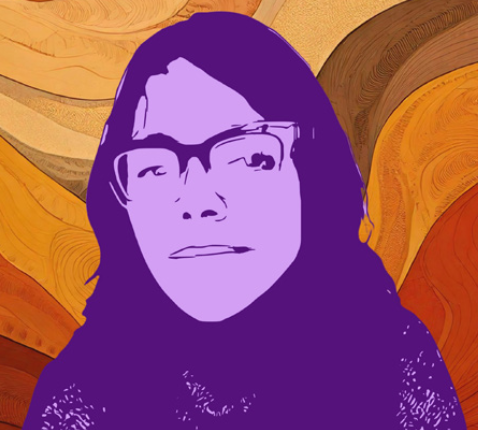 Natacha Monestel Mora is a PhD candidate and lecturer at the Institute for Gender, Race, Sexuality, and Social Justice at the University of British Columbia. She is a Latin American mestiza who immigrated to Canada to expand her knowledge in human development, learning, and culture. Born and raised in Costa Rica, she first completed her studies in psychology and human rights in that country. Natacha’s inquiry lies in working with young people from BIPOC communities and exploring how they imagine socially just futures through participatory methods in informal learning contexts. Her teaching and research are centered around the development and understanding of art-based, anti-racist, decolonial, queer, feminist, and Indigenous methodologies for enacting social change.
Natacha Monestel Mora is a PhD candidate and lecturer at the Institute for Gender, Race, Sexuality, and Social Justice at the University of British Columbia. She is a Latin American mestiza who immigrated to Canada to expand her knowledge in human development, learning, and culture. Born and raised in Costa Rica, she first completed her studies in psychology and human rights in that country. Natacha’s inquiry lies in working with young people from BIPOC communities and exploring how they imagine socially just futures through participatory methods in informal learning contexts. Her teaching and research are centered around the development and understanding of art-based, anti-racist, decolonial, queer, feminist, and Indigenous methodologies for enacting social change.
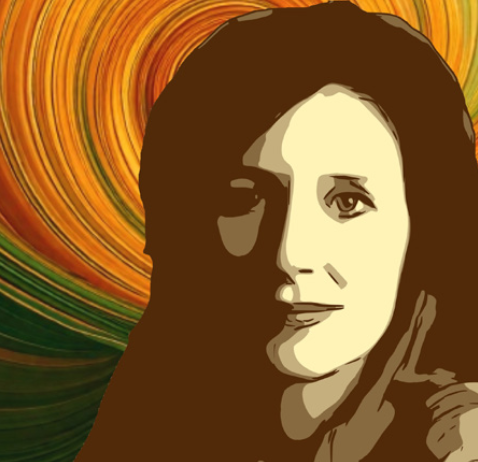 Julia Iriarte went to film school at the Fundacion Universidad del Cine in Buenos Aires (UBC), Argentina, and specialized in film direction. She soon began working in international feature films and commercials as an assistant director. After earning a multimedia diploma at UBC, she worked as an editor and assistant editor while she also directing her own independent films. Based in Vancouver, she is currently producing and editing marketing and social media videos for several companies and non-profit organizations.
Julia Iriarte went to film school at the Fundacion Universidad del Cine in Buenos Aires (UBC), Argentina, and specialized in film direction. She soon began working in international feature films and commercials as an assistant director. After earning a multimedia diploma at UBC, she worked as an editor and assistant editor while she also directing her own independent films. Based in Vancouver, she is currently producing and editing marketing and social media videos for several companies and non-profit organizations.
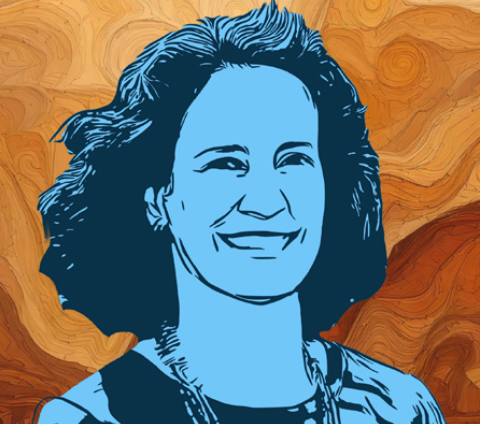 Jennifer A. Vadeboncoeur is professor of Human Development, Learning and Culture at the University of British Columbia. Dr. Vadeboncoeur’s scholarship includes international research with young people and educators in alternative programs; examinations of the relation between knowing, becoming, and valuing in learning; the role of moral imagining in imaginative play and student-teacher relationships; and young people’s relations with nature. Her current research examines place-making both inside and outside of secondary schools utilizing walking methodologies and digital storying. Dr. Vadeboncoeur’s work highlights the important role of young people as co-educators in post-secondary courses and the value of community-based research.
Jennifer A. Vadeboncoeur is professor of Human Development, Learning and Culture at the University of British Columbia. Dr. Vadeboncoeur’s scholarship includes international research with young people and educators in alternative programs; examinations of the relation between knowing, becoming, and valuing in learning; the role of moral imagining in imaginative play and student-teacher relationships; and young people’s relations with nature. Her current research examines place-making both inside and outside of secondary schools utilizing walking methodologies and digital storying. Dr. Vadeboncoeur’s work highlights the important role of young people as co-educators in post-secondary courses and the value of community-based research.
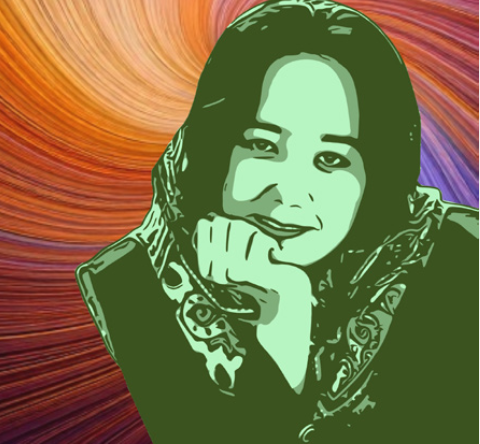 Sediqa Temori is a counselor psychologist working with refugees in the non-profit sector. She came to Canada a few years ago, fleeing the Afghanistan war. She holds a master’s degree in Clinical Psychology from the University of Tehran and was a university instructor in her home country. She plans to continue her studies by enrolling in a PhD program related to her current practice and previous studies.
Sediqa Temori is a counselor psychologist working with refugees in the non-profit sector. She came to Canada a few years ago, fleeing the Afghanistan war. She holds a master’s degree in Clinical Psychology from the University of Tehran and was a university instructor in her home country. She plans to continue her studies by enrolling in a PhD program related to her current practice and previous studies.
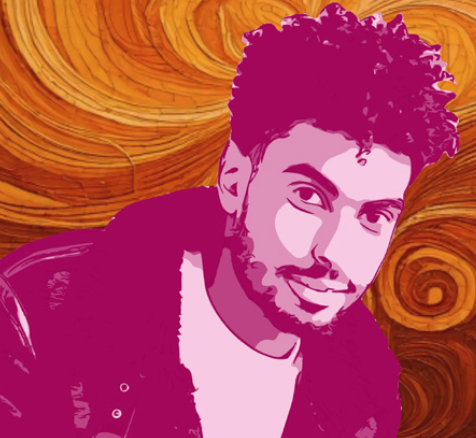 Mathias Abraha is originally from Eritrea. He immigrated to Canada in search of a peaceful life and opportunities that were unavailable to him in his home country due to armed conflict. Currently, he is a full-time worker and a part-time student. He aspires to pursue a career as either an actor or an engineer.
Mathias Abraha is originally from Eritrea. He immigrated to Canada in search of a peaceful life and opportunities that were unavailable to him in his home country due to armed conflict. Currently, he is a full-time worker and a part-time student. He aspires to pursue a career as either an actor or an engineer.